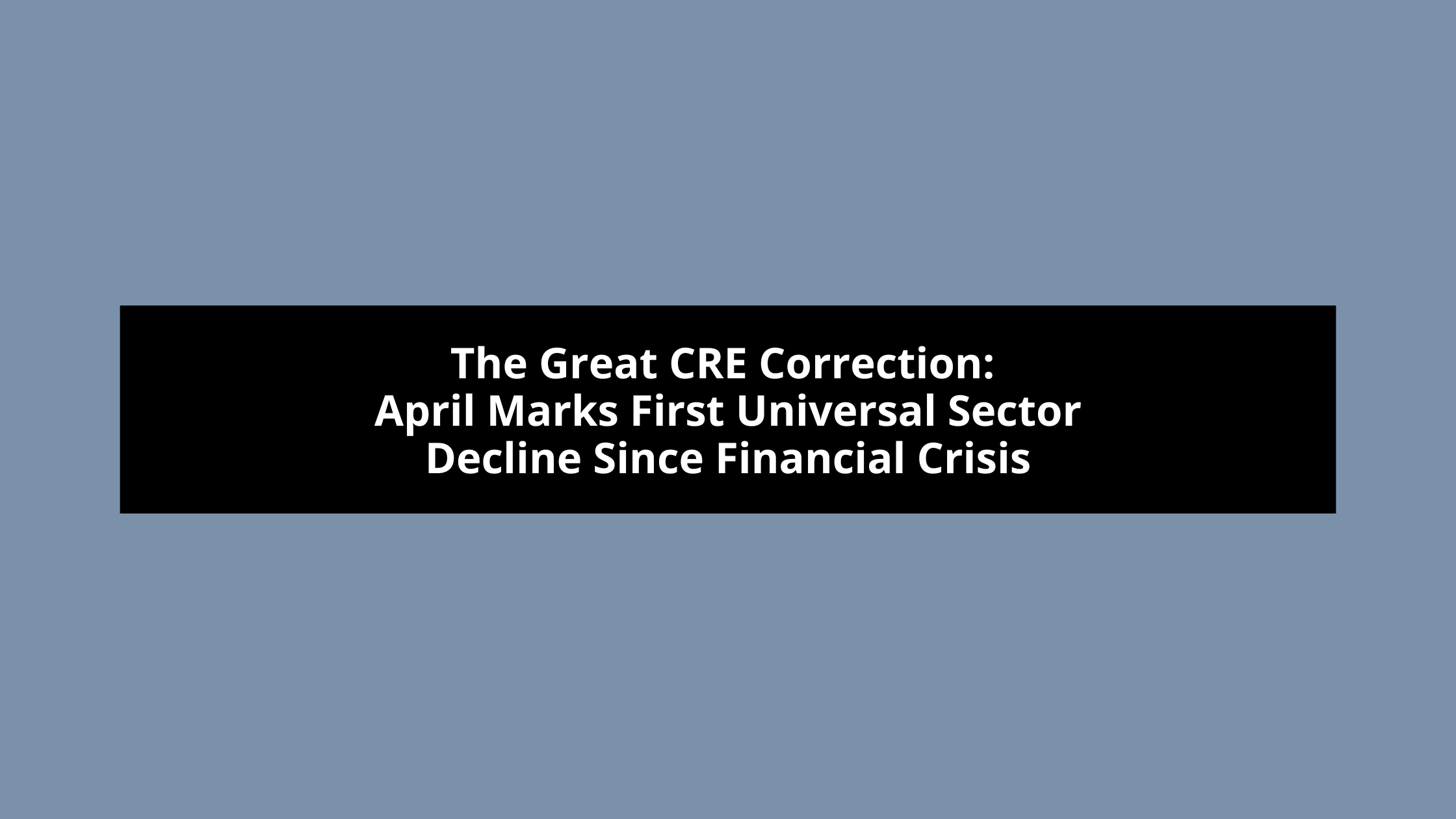The Looming Commercial Real Estate Crisis: A Veteran’s Warning
With a career spanning over four decades in the real estate industry, I’ve weathered numerous market upheavals, including the 2008 subprime mortgage crisis. This depth of experience has given me a unique perspective on the current state of the commercial real estate sector.
However, the signs point toward an impending commercial real estate (CRE) crisis that deeply concerns me. Despite the reprieve from last year’s banking turmoil, the underlying issues plaguing regional banks and their CRE loan portfolios have only been exacerbated.
My esteemed colleagues in the legal profession and real estate industry executives must recognize the gathering of storm clouds. The ‘extend and pretend’ tactics used by many regional banks, deferring action on distressed CRE loans, are a ticking time bomb that threatens the stability of our financial system in the near future.
Regional banks’ exposure to New York’s struggling multifamily housing market, exemplified by the recent New York Community Bank debacle, is merely the tip of the iceberg. Across the nation, office vacancies are soaring as corporations embrace remote work, leaving landlords in a precarious position.
Meanwhile, the Federal Reserve’s aggressive interest rate hikes have severely impacted the value of banks’ bond portfolios, eroding their capital reserves.
As seasoned professionals, we must learn from past mistakes and prepare for the potential fallout. Robust risk management strategies, diversified portfolios, and a keen eye for emerging market trends will be crucial in navigating the turbulent waters.
The clarion call is sounding, my esteemed colleagues. Will we heed the warnings or risk repeating the missteps that precipitated the last crisis? The choice is ours, but time is of the essence.


